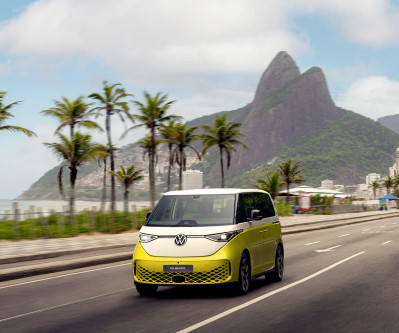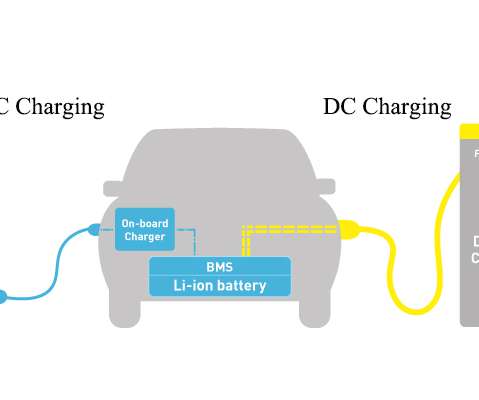Volkswagen brand to invest €1B by 2026 in South America; targeting 40% growth in Brazil
Green Car Congress
JULY 5, 2023
The Volkswagen brand aims to make significant gains in South America with a major product offensive. By 2027, the company plans to grow by 40% in Brazil, the region’s largest market. 4 are coming to Brazil As a fast-growing car market, South America is of strategic importance to Volkswagen. and the ID.












Let's personalize your content